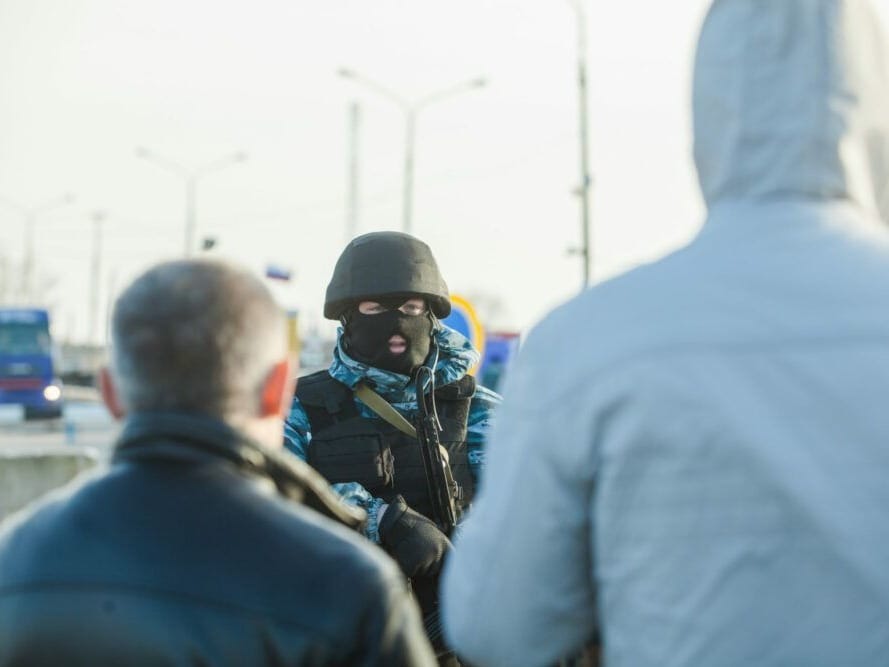Council of Europe foreign ministers agreed to restore Russia's right to participate in its Parliamentary Assembly "on an equal basis" with other member nations, a move towards resolving the international organization's conflict over Moscow's annexation of Crimea five years ago.
Europe's leading human rights organization approved by majority vote a joint declaration on Friday that attempts to appease Russia. The decision came during a ministerial-level celebration of the council's 70-year history of dialogue and cooperation, and is a precursor to restoring Russia's vote in the council next month.









